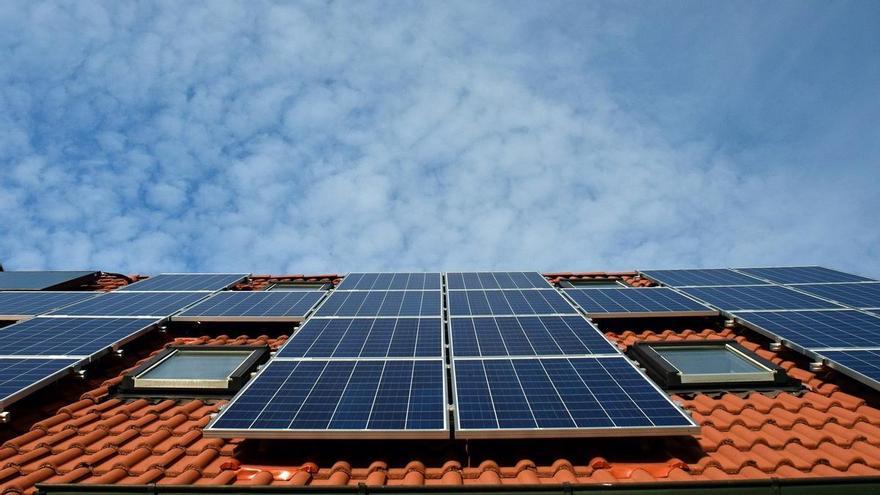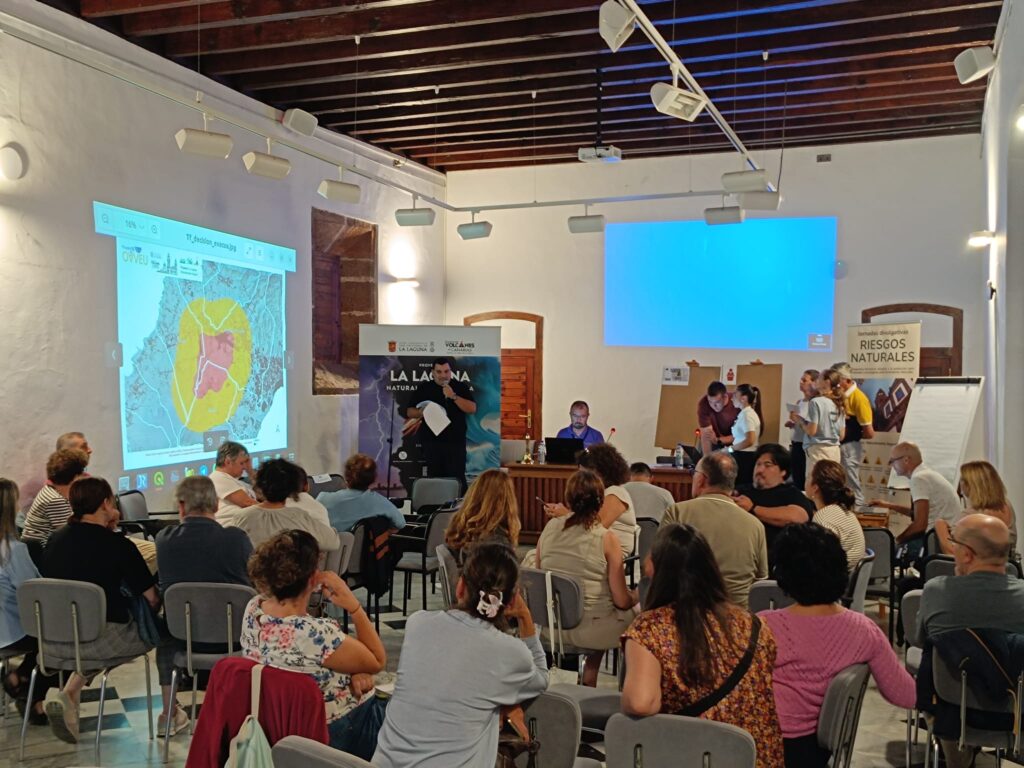
The self-consumption photovoltaic power in Tenerife multiplied by 10 in four years, going from 2.58 megawatts in 2019 to more than 22 in 2022. This is the highest growth of all those registered in Canary Islandswhich shows the takeoff of the generation of this type of energy on the Island, according to data from the Regional Ministry of Ecological Transition, Fight Against Climate Change and Territorial Planning. This increase in power is coupled with that of the facilities. In those four years, more than 3,000 infrastructures that capture this type of energy were installed in Tenerife.
Photovoltaic self-consumption is essential for the penetration of electric vehicles, because it is when it really means significant savings for families and companies. Distributed generation, that is, the production of electrical energy through small generation sources, gives stability to the system and energy independence, since it implies less dependence on large electrical multinationals. Experts indicate that the equipment is amortized in a few years, improves the employment and the local economy and there is a democratization of energy, as it is in many more hands. Families become market players.
In the first quarter of this year, 529 self-consumption systems have already been put into operation in Tenerife, generating 4.75 megawatts of power. Of the 1,342 installed in the Canary Islands in 2023, 39% are on this Island and 33% in Gran Canaria, while the remaining 28% is distributed among non-capital. This percentage is equivalent to the fact that 34% of the total self-consumption power is produced in Tenerife through photovoltaic energy in the Archipelago. In the Canary Islands, as of last March, there were 9,487 photovoltaic installations in the self-consumption modality with a total power of 86 megawatts. Of these, 3,774 are in Tenerife. This data indicates the high progression in the installation and generation of photovoltaic energy for self-consumption on the Island, going from 55 installations registered in 2018 to those 3,774 in the first quarter of 2023.
On September 17, 2019, the Governing Council of the Cabildo de Tenerife approved the Climate Emergency Declaration. It establishes that it is necessary to accelerate the decarbonization of the Island by reducing greenhouse gas emissions to reach climate neutrality in 2040. The area of Sustainable Development and Fight against Climate Change has turned to the objective of making the Island more sustainable.
The Cabildo launched in 2020 the Renewable Energy Office, a resource that provides advice and support to municipalities and individuals so that they can promote sustainability and energy efficiency policies and actions. Since its creation, this office has received some 5,500 queries on energy self-consumption based on photovoltaic technology related to installation, subsidies, tax discounts and applicable legislation.
“A necessary service”
“The Office of Renewable Energies is a necessary service to citizens insofar as adaptation to new energy models requires administrative support that neither citizens nor many companies manage,” he explained to THE DAY the president of the Cabildo de Tenerife, Peter Martin.
“The consolidation of this information and advice tool for citizens and public administrations facilitates the ecological transition for which all institutions in the world are working,” explains the president, since, concludes Pedro Martín, “citizens need support administrative and technical, especially in the application processes for bonds and subsidies that can facilitate access to these new energy proposals.
3,774 installations
Tenerife went from having just 55 photovoltaic self-consumption installations registered in 2018 to 3,774 registered in the census for the first quarter of 2023.
4.75 megawatts
In the first quarter of this year, a total of 529 self-consumption systems have already been put into operation in Tenerife, generating 4.75 megawatts of power.
5,500 queries
Since its creation, in 2020, the Renewable Energy Office has received approximately 5,500 inquiries about self-consumption of energy based on photovoltaic technology.















